The Supreme Court has allowed a hostile couple to part ways with a piece of advice – not to make their child “a pawn” to settle scores.
“The appeal accordingly stands disposed of with an advice to the parties that they may now live their life separately without any acrimony but should never endeavour to make the child a pawn in their past dispute,” said the bench of justices Sanjay Kishan Kaul and R Subhash Reddy in an order last week.
The bench passed the decree of divorce after noting that the marriage between the couple had “irretrievably broken down” and both of them had sought dissolution of their marriage by mutual consent.
However, the court was critical of the couple’s acrimony for each other, casting a shadow on the well-being of their six-year-old daughter. It noted that the girl was torn between her father and the mother, as the latter sought to put certain bizarre conditions for the father to meet her daughter. One of these conditions was that the father could meet the daughter only in the presence of someone from the maternal side.
The bench also took a grim view of the fact that the trial court judge, who had in March 2017 ordered that the custody of the child be with the mother, became a
On this aspect, the mother had filed an affidavit tendering an apology while claiming that she did not know that the lawyer was the same person who had once passed an order in her favour as a judge in Uttar Pradesh’s Ghaziabad court. Her affidavit had stated that the retired judge had also returned the litigation fees after realising that it was a case he had once heard.
Representing the father, advocate Prem Prakash agreed to let this episode pass but he raised strong objections to the caveats on a father against meeting his child. The bench agreed with Prakash. “What kind of conditions are these? He is the girl’s father after all. How can such weird conditions be put? The girl should be able to meet her father freely. These conditions must go,” it told the woman’s lawyer, senior advocate V Shekhar.
The court ordered that the father could see the girl twice a month over the weekends – for six hours on one weekend and for an overnight stay on another. Additionally, the bench said that summer and winter vacations, festivals such as Holi and Diwali, shall be equitably shared between the parents and that the father should also encourage the girl’s interaction with her paternal grandparents.
“The school fee of the child shall be shared by both the parties. As and when the child comes of age and desires to get married, both the parties will contribute equitably towards the marriage functions of the child,” stated the order.
By Hindustan Times

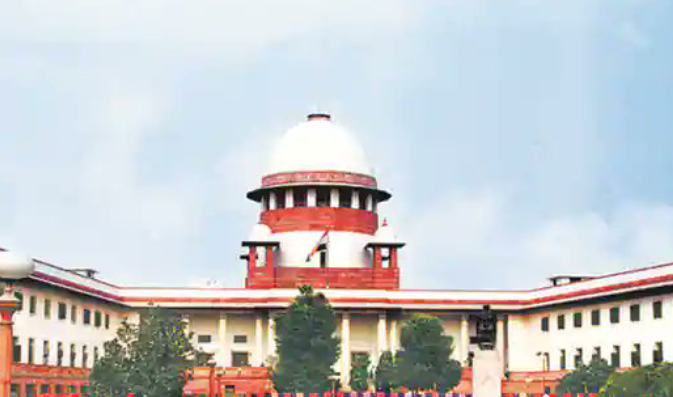


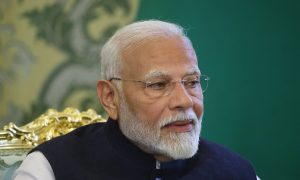



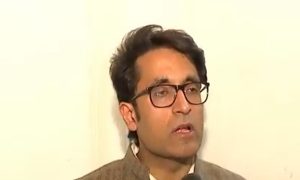







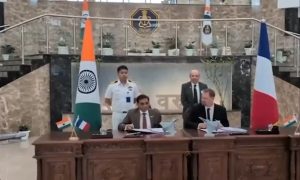



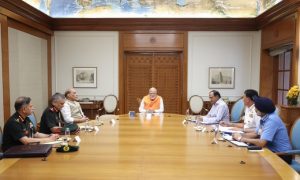

 WhatsApp us
WhatsApp us